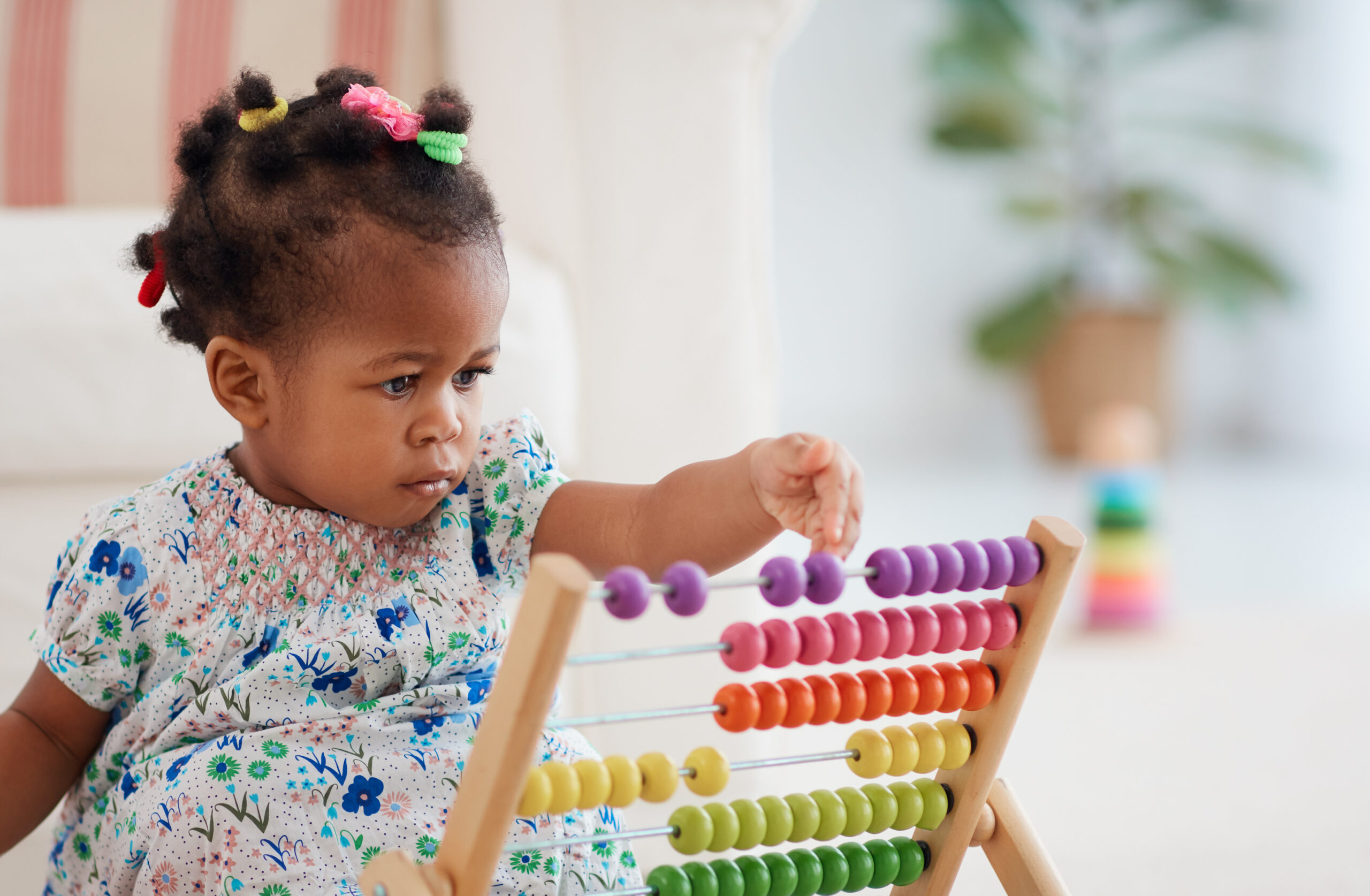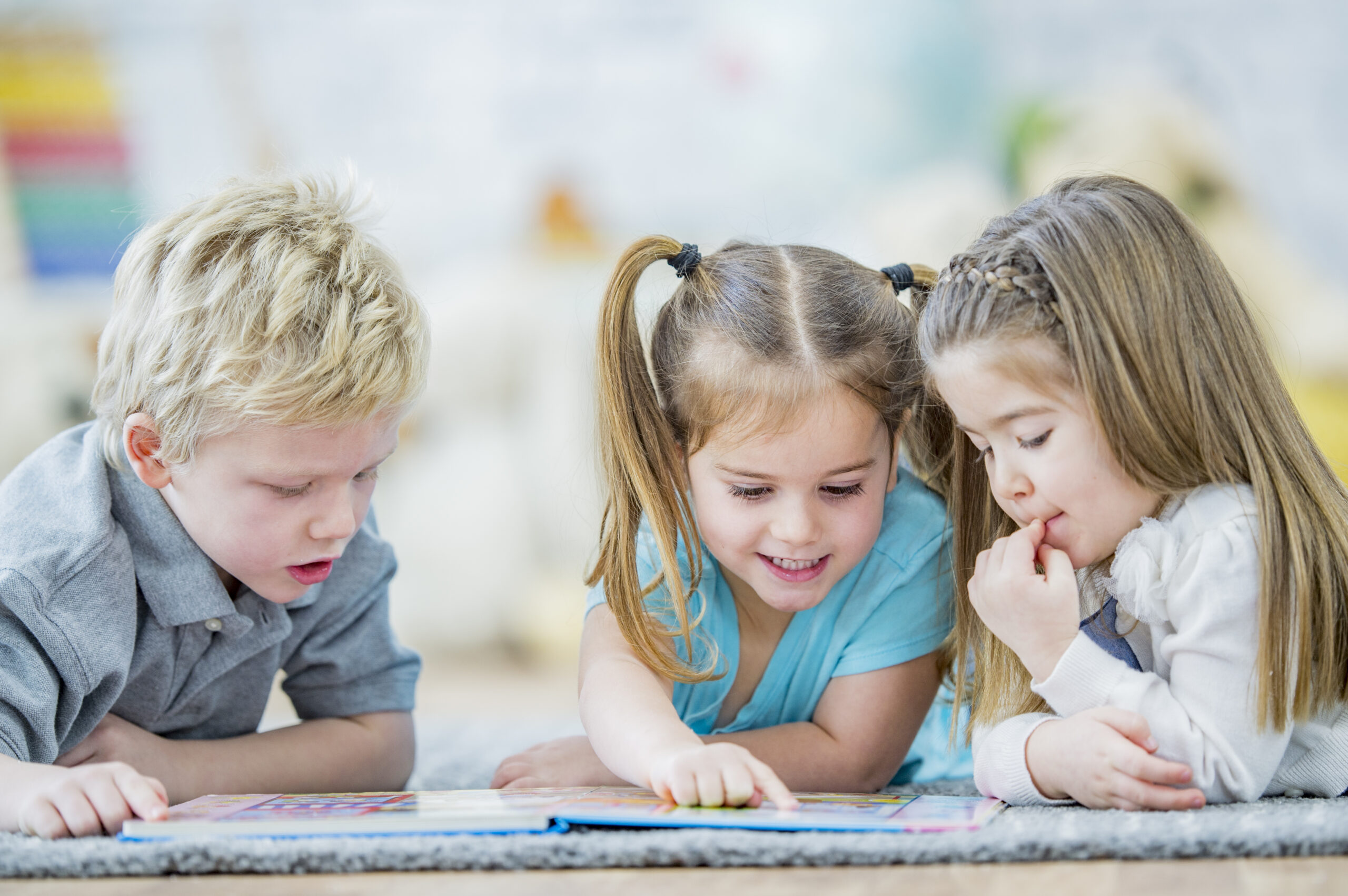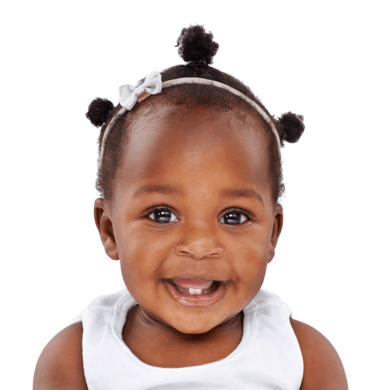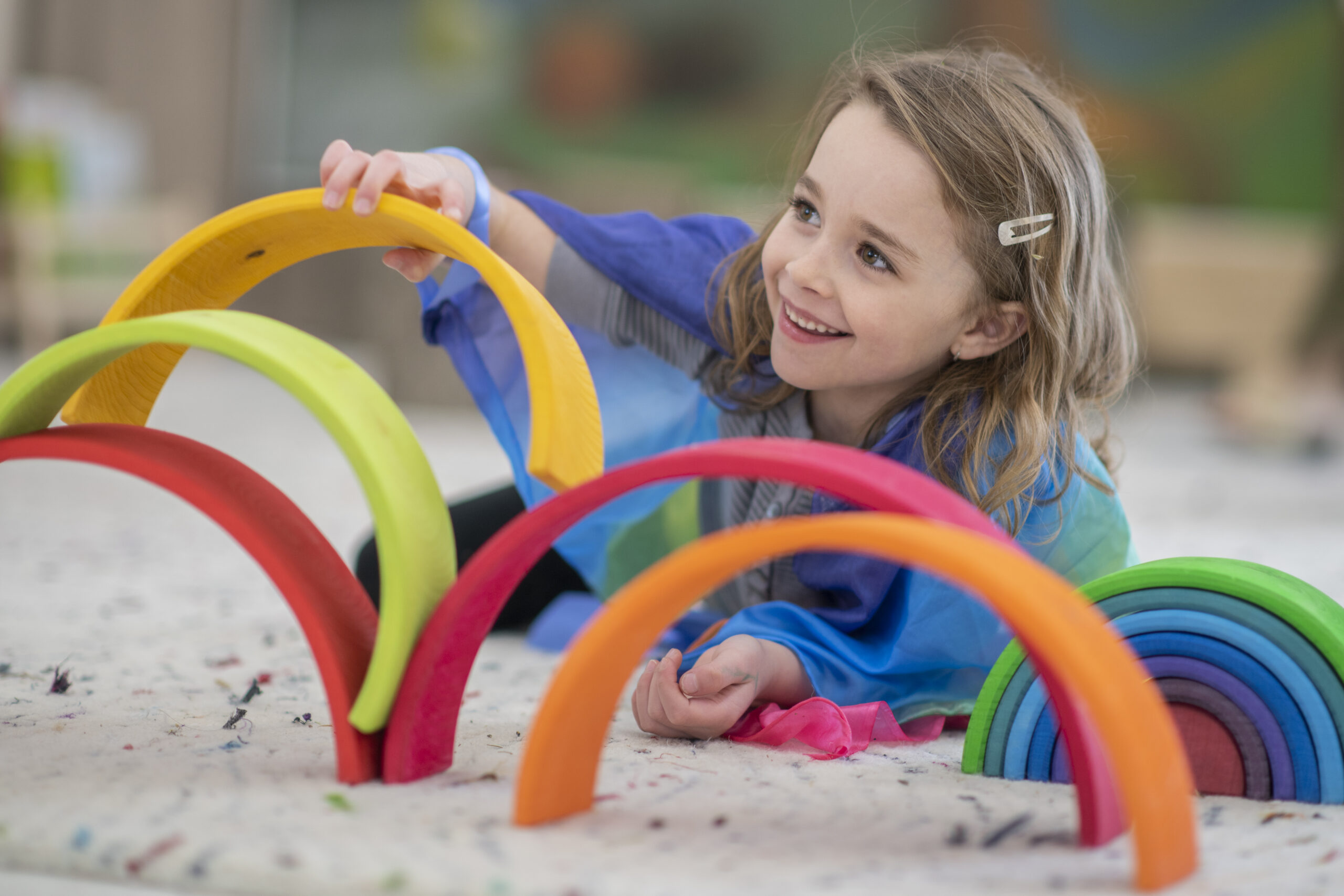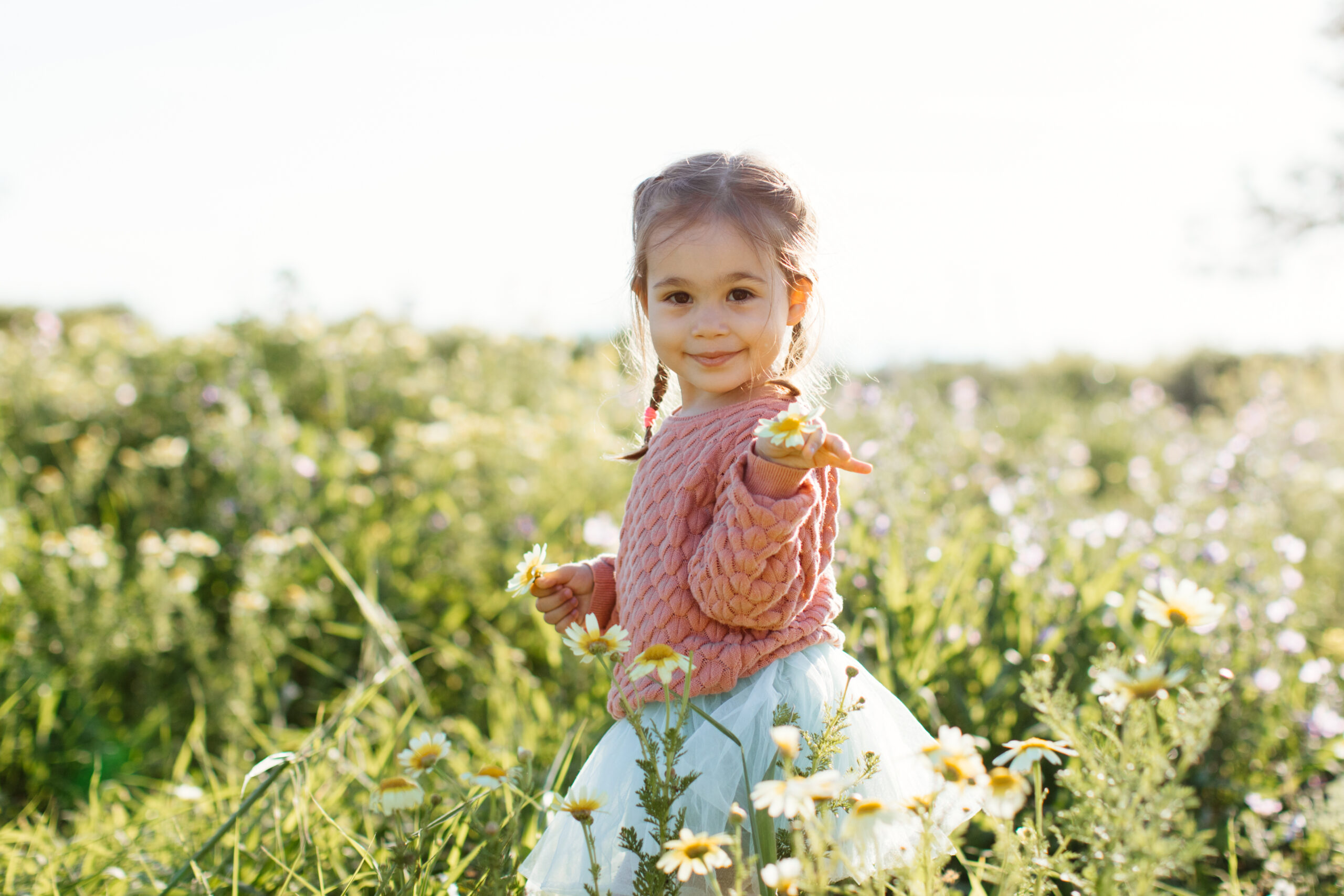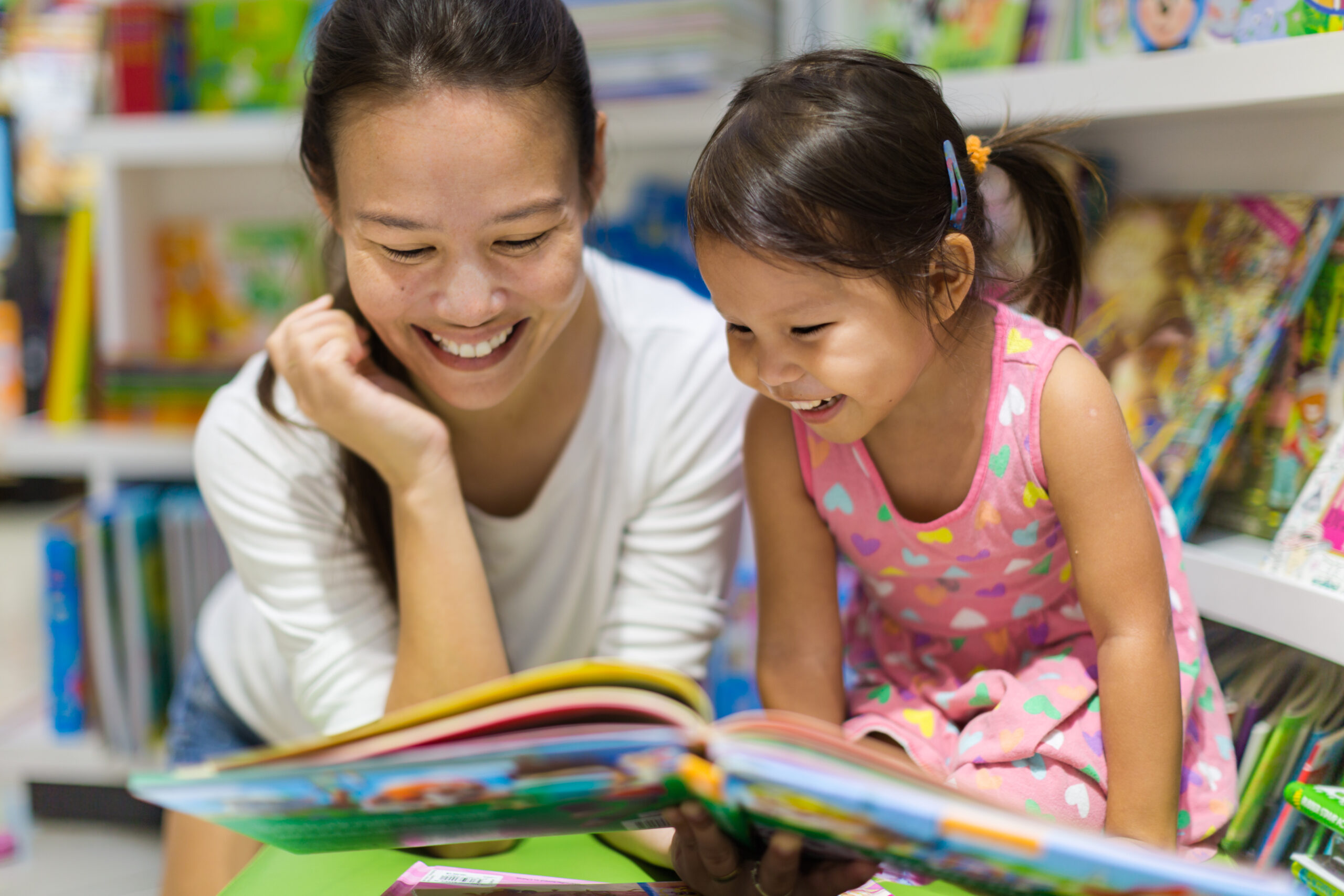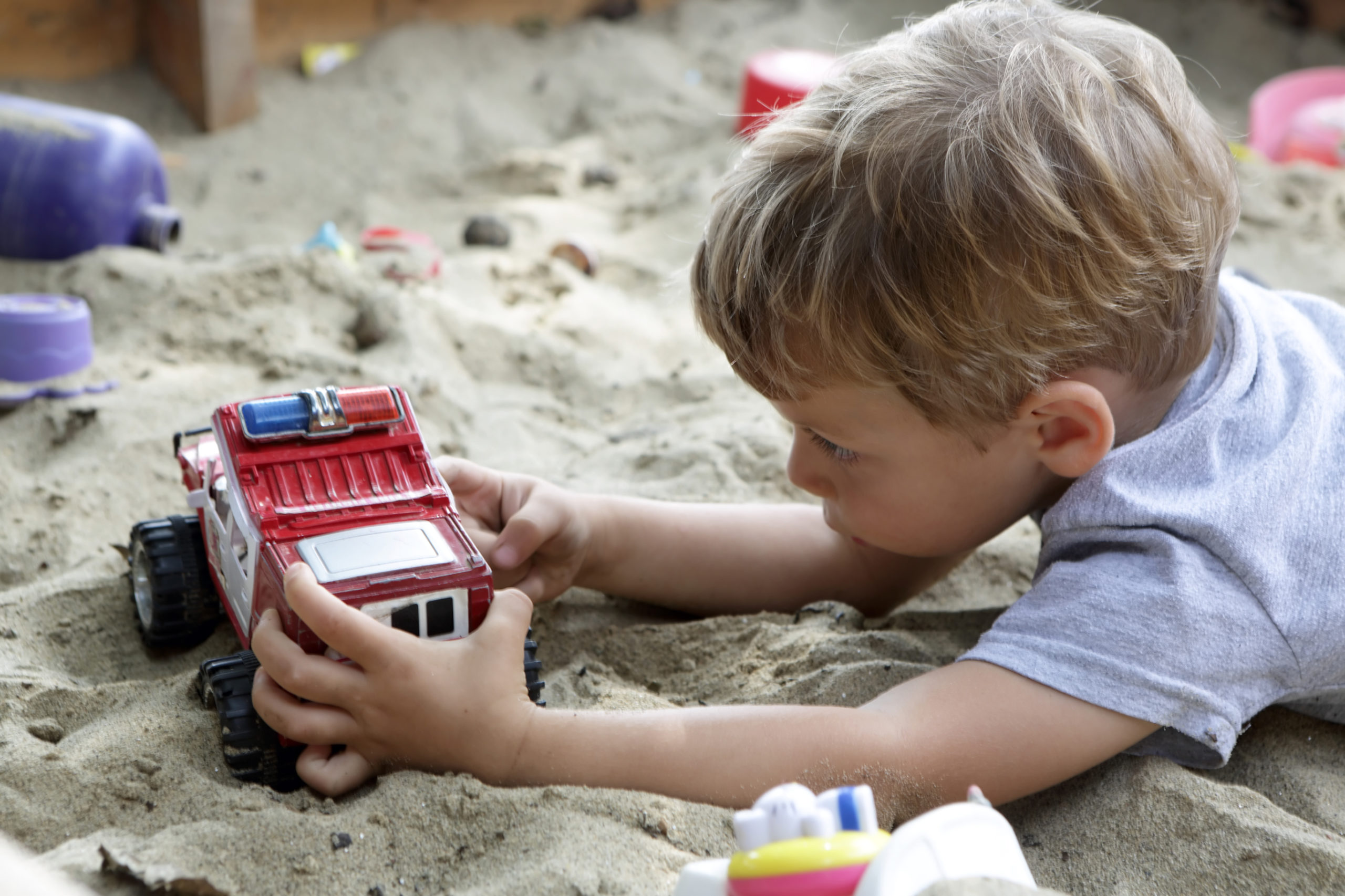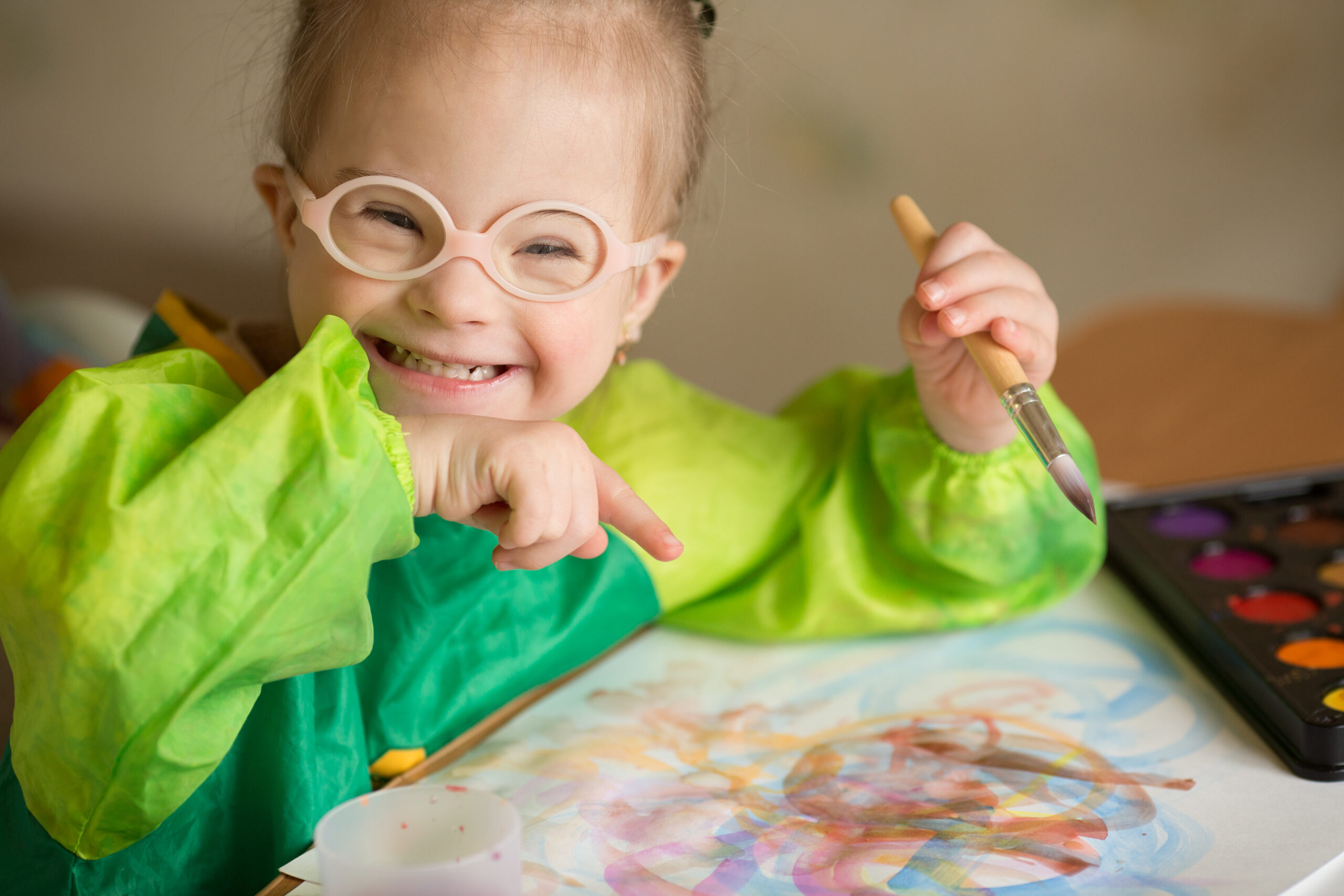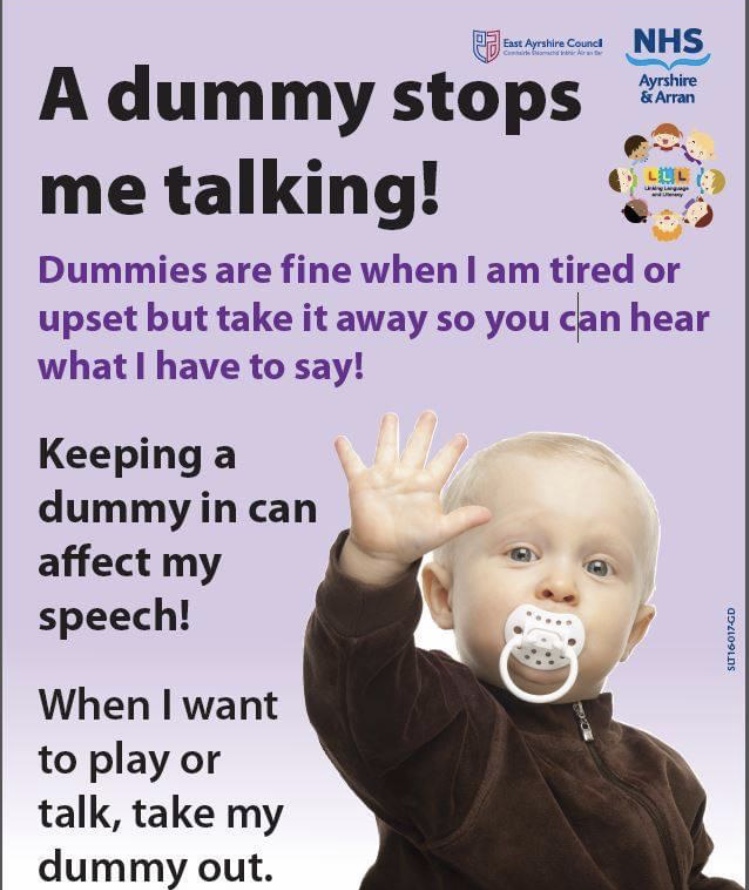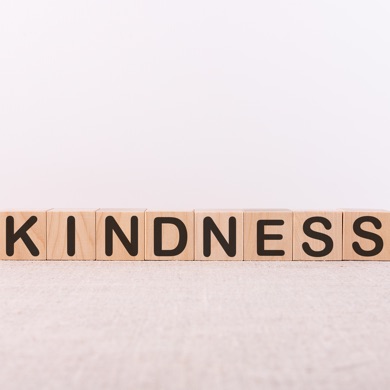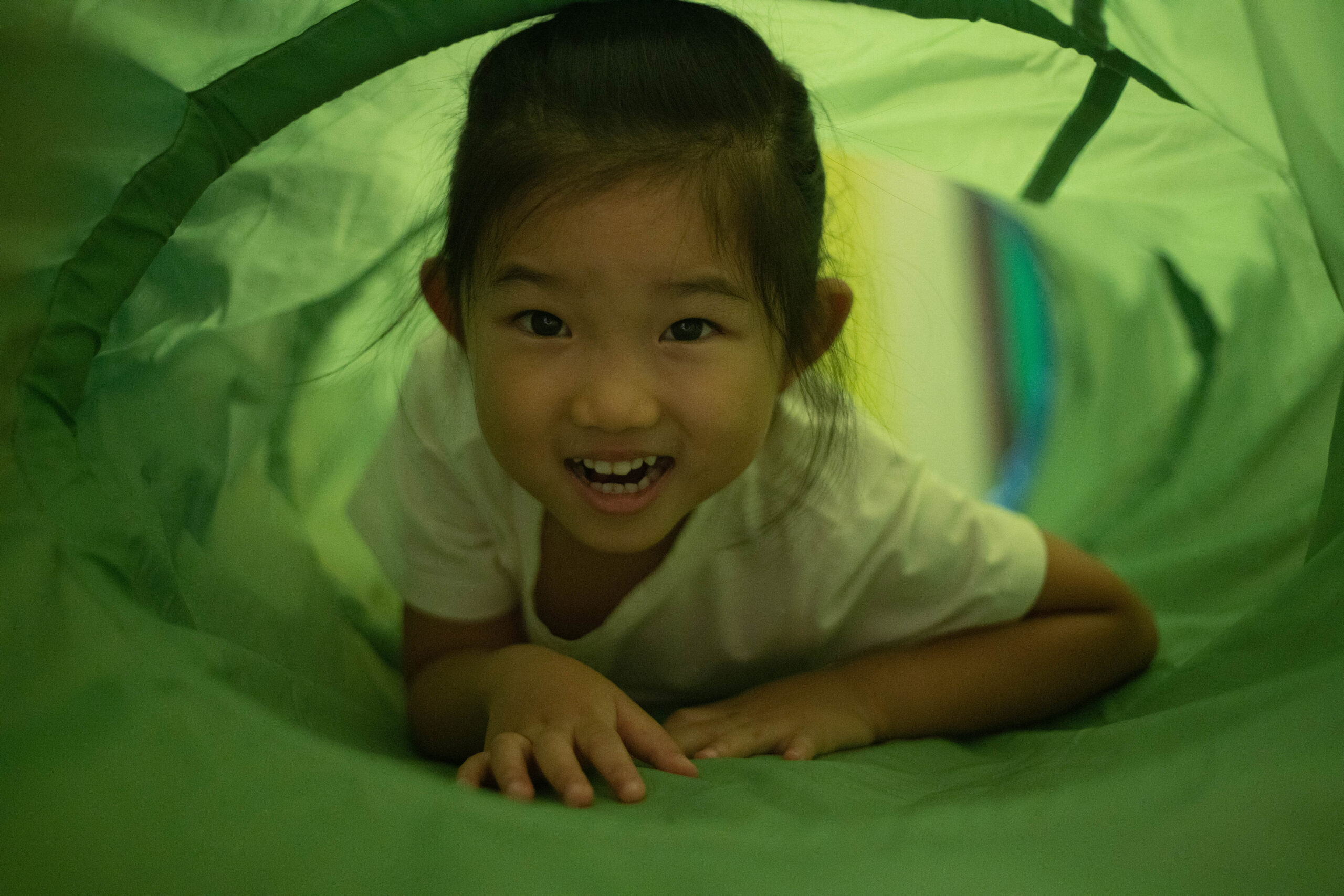Parents and carers make a crucial difference to children’s outcomes.
At Sparkling Minds Pre-School & Day Nursery we recognise parents’ commitment to children’s well-being, development and early education. We wish to support all children by working with parents and carers with ideas and strategies to scaffold all of these crucial areas from birth to five. Research tells us that regardless of the quality of settings, the most important predictor of children’s future outcomes is the quality of the home learning environment, so involving parents in their children’s learning is the most significant factor in enabling children to do well despite any disadvantage. The benefits are greatest when practitioners and families work in respectful partnership to develop ways to support children both at home and in the setting.
For this reason, we have created this ‘Parent Partnership’ page to provide a wealth of age-appropriate resources and guidance linked to topical issues. If you have any suggestions for topics from personal experience, please let us know via the main email office@sparklingminds.co.uk and we can share this with all of our families.
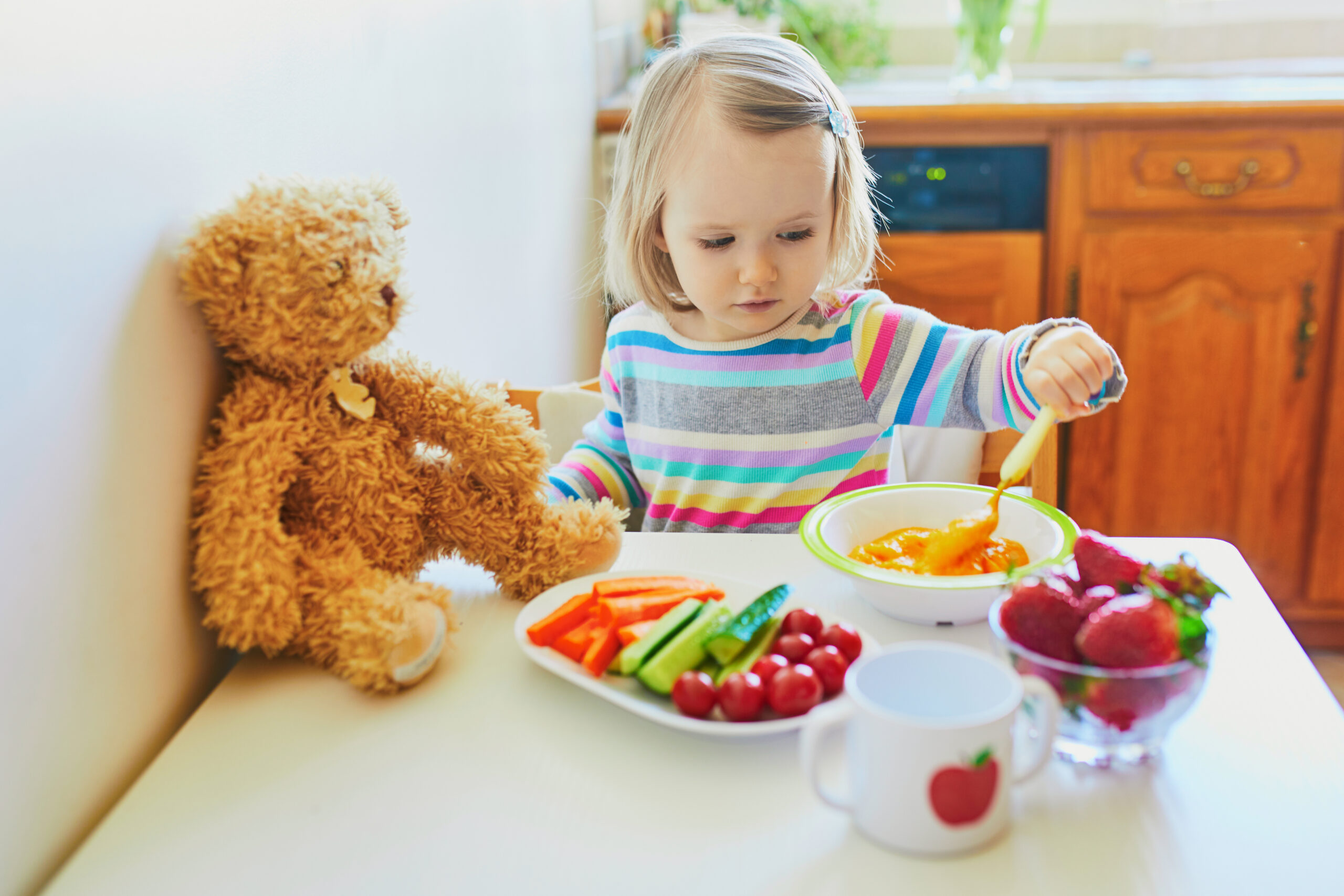
Health
Healthy Start – financial support available for some families
Pregnant women & children under 4 from low income families may be entitled to 'Healthy Start' payments. These can be spent on; fruit & vegetables, plain cow's milk and infant formula. *Free Healthy Start vitamins can also be claimed.
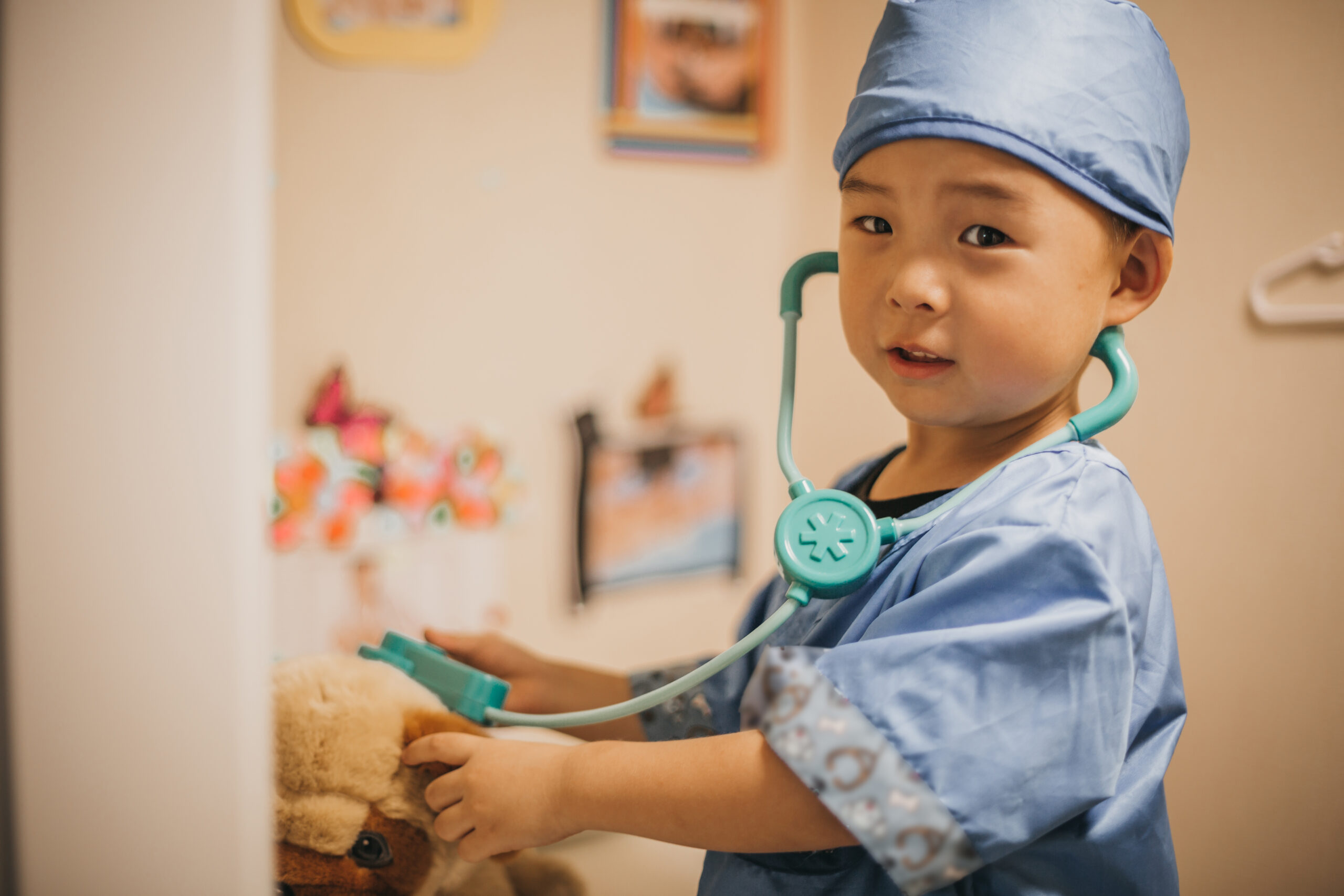
Health
Is my child too ill to attend school or nursery?
It can be tricky deciding whether or not to keep your child off nursery when they're unwell. There are government guidelines for schools and nurseries about managing specific infectious diseases at GOV.UK. These say when children should be kept off school and when they shouldn't. Please remember that setting Policies may differ if certain contagious diseases are impacting on the health of other children and staff.
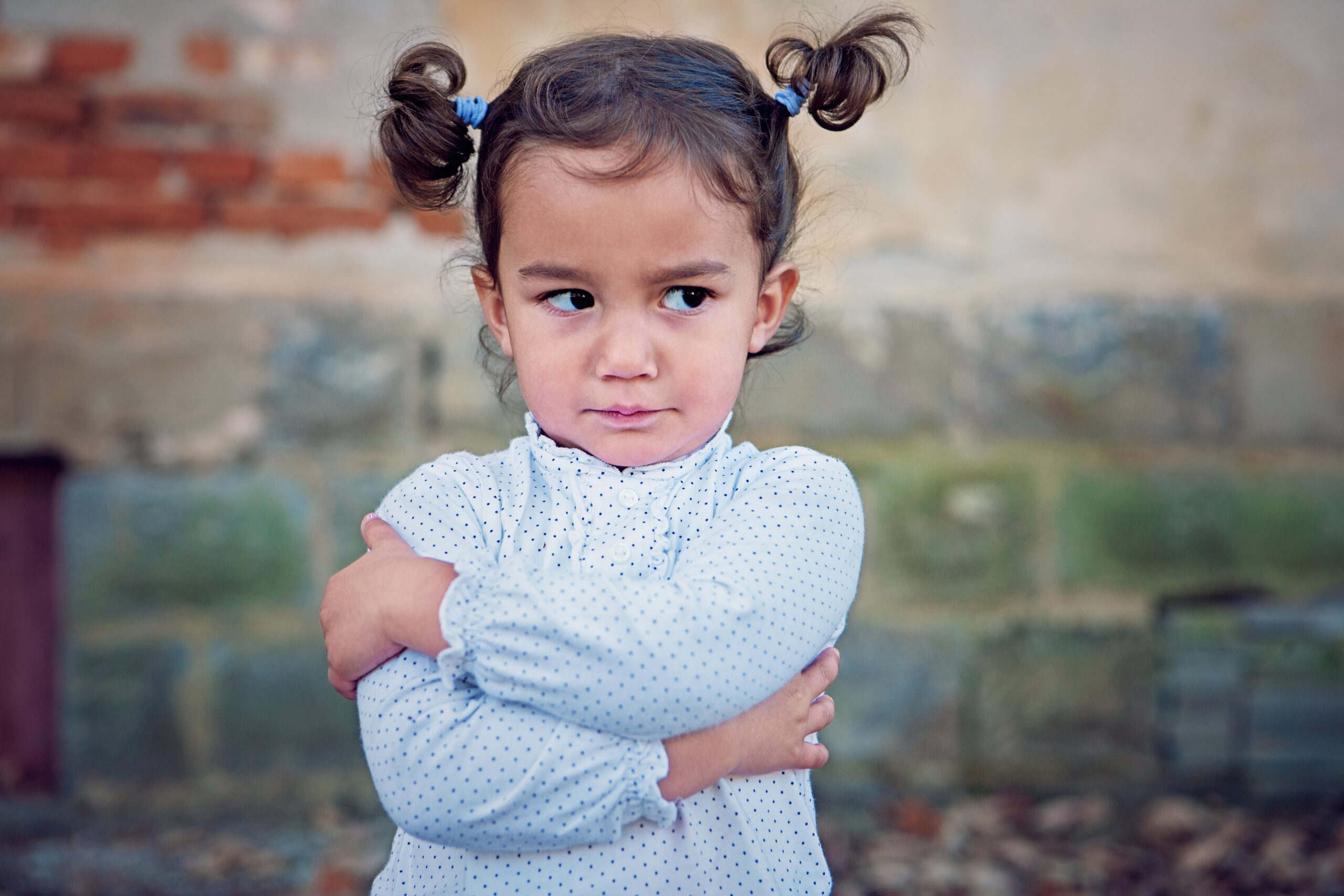
Play & Development
Supporting Behaviour & Emotions
When a child’s behaviour is difficult to understand, this can be really hard for all those involved in their care. We must look after ourselves to help us look after our families. This parent tips resource from the Institute of Health Visiting will offer some points for you to consider to look after yourself.

Play & Development
Mess Around Oxfordshire
'Mess Around Oxfordshire' has provided fantastic messy sessions that promoted physical, creative, and personal development for children in a relaxed and friendly environment. Sessions are multi-sensory, larger-than-life, messy play experiences for under 5’s and older siblings.

Play & Development
Baby & Toddler Groups & Classes around Bicester
Monkey Music, Little Creatives, Cha Char Chimps & Rhyme time are just some of the local groups included in this useful page. If you are looking for active sessions, please take a look at the details included but ensure you make contact to double check times & availability.

Health
Could my child have Attention deficit hyperactivity disorder (ADHD)?
Attention deficit hyperactivity disorder (ADHD) is a condition that affects people's behaviour. People with ADHD can seem restless, may have trouble concentrating and may act on impulse. Symptoms of ADHD tend to be noticed at an early age and may become more noticeable when a child's circumstances change.

Health
Could my child have diabetes?
If your child has any of the signs or symptoms of diabetes, you should take them straight to the doctor and insist on a blood glucose test. If a quick and simple finger prick test indicates high blood sugar, your GP will refer your child to a specialist diabetes team or hospital and the test will be sent to the lab to diagnose diabetes.

Health
Eye tests for children
The sooner any eye problem is found, the sooner you and your child will be able to get any treatment and support needed. Children may not realise they have a vision problem so, without routine tests, there's a risk a problem may not be spotted. This may affect their development and education.
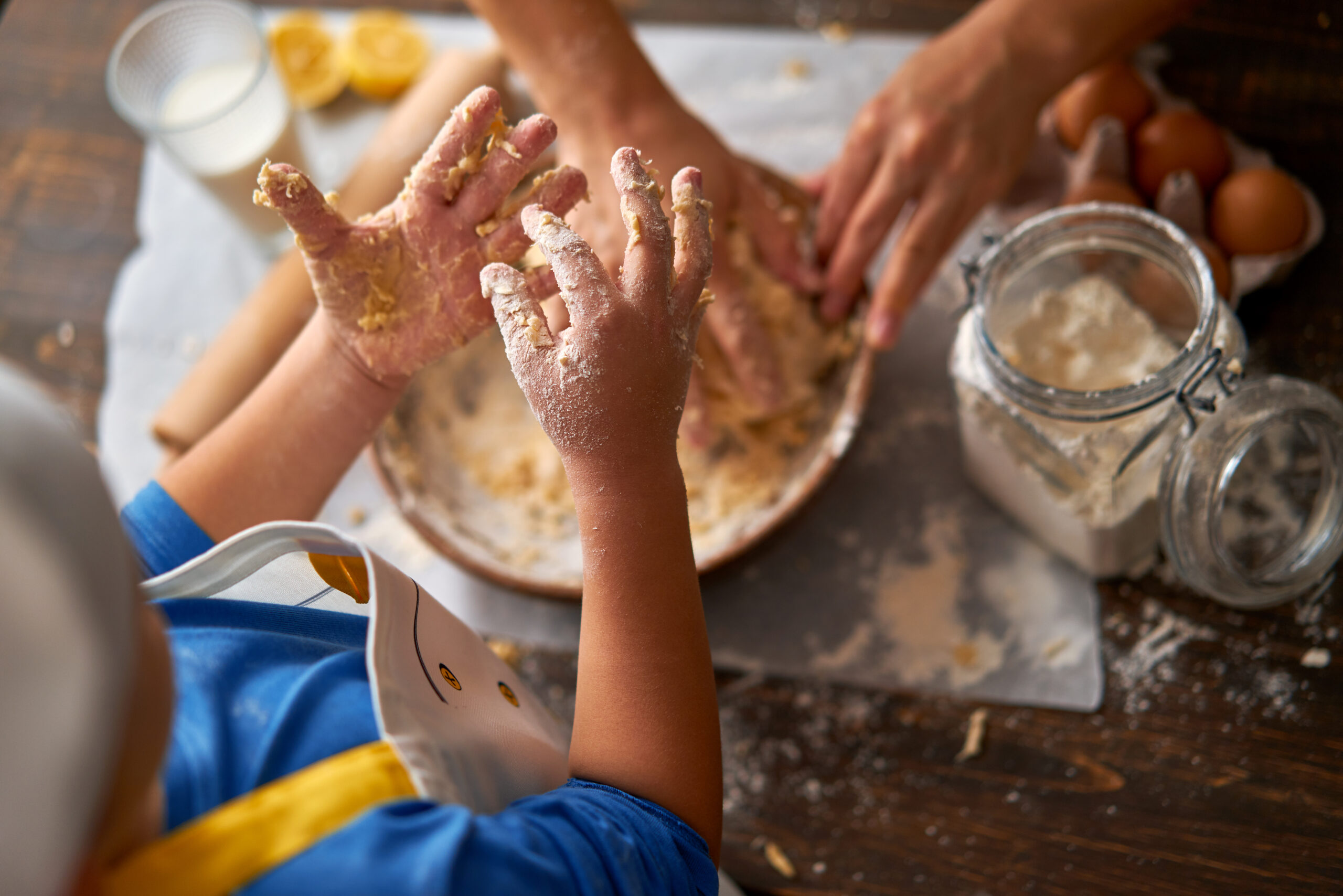
General
Strengthening Family Relationships
All families disagree sometimes. You might have problems that are hard to solve, or things going on that cause you stress. This Section of the Family Information Service website contains information and tools that can help reduce or improve conflict at home.

General
‘Early Help’ – It’s always okay to ask for help
This guide helps to explain what Early Help is and who the Locality & Community Support Service are. Strengths & Needs and Early Help Tools can be found in this link too. Speak to a member of the Management & Leadership team should you want to discuss possible support in a open, honest, trusting and confidential conversation.
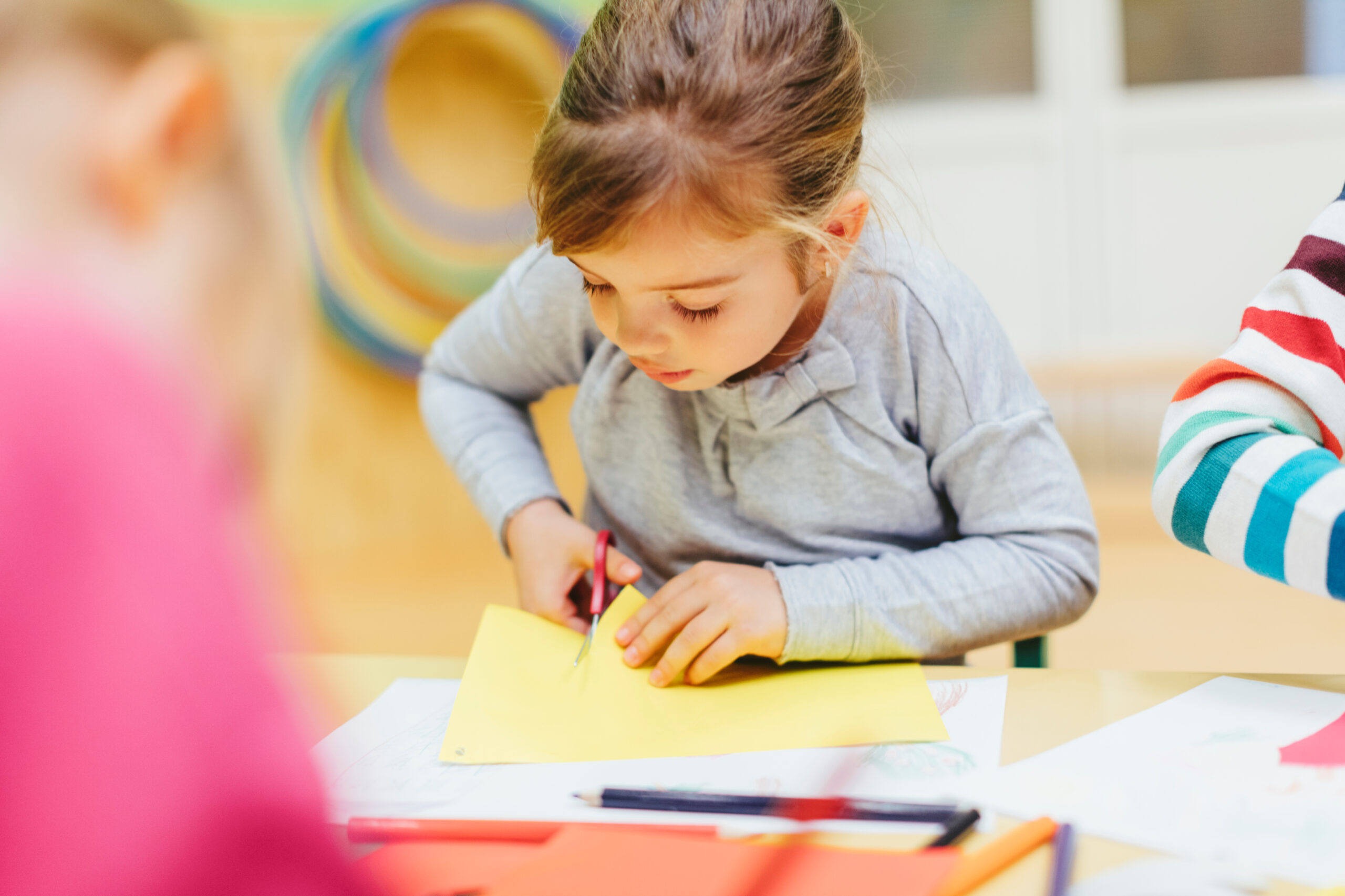
Transition from Pre-School to Primary
School Readiness
The start of a new school term is always exciting - but when it's the transition into "big school" - your child's very first school term, it can feel a little daunting. We've pulled together some key resources to help you and your child prepare for this new adventure.

Health
Stress & Anxiety
It is common to feel anxious when in a stressful or challenging situation. However, some autistic people may feel anxious in their day-to-day lives due to navigating social and sensory environments that might be difficult or challenging. If you or someone you know is struggling with high levels of anxiety, there is support and help available.

Health
ADHD & Neurodiversity support for families
The ADHD Foundation Neurodiversity Charity supports parents and carers so they can understand and meet the needs of their child. With a range of webinars, courses, resources, and our screening service, we help families to know which interventions and adaptations are right for them.
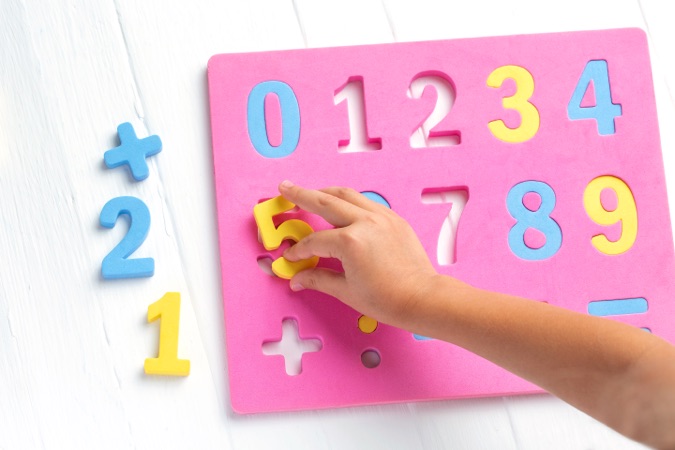
General
‘Childcare Choices’ – Help paying for childcare
Childcare support is expanding. With significant changes coming to 15 and 30 hours childcare support in England. Sign up for more details about the upcoming expansion from April 2024, as well as how and when to register for support with childcare costs.
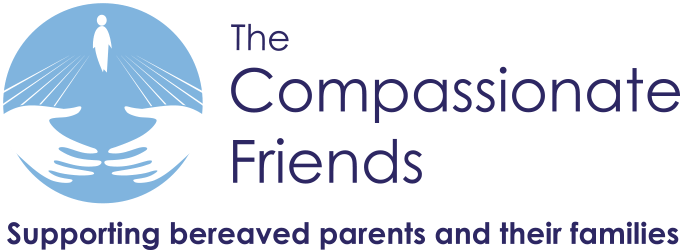
General
Bereaved parents & siblings
Compassionate Friends UK (TCF) is a peer support group operating in the UK. It is a registered charity formed by & for parents whose children have died, irrespective of the child's age at death & the cause of death & is independent of any religious, philosophical or government body.

Play & Development
What to expect in the EYFS
The Early Years Foundation Stage (EYFS) outlines what adults must do to help children learn & develop & to be healthy & safe. This guide is for parents/carers of children from birth to five years old. It will help you find out more about your child's learning & development in the EYFS.
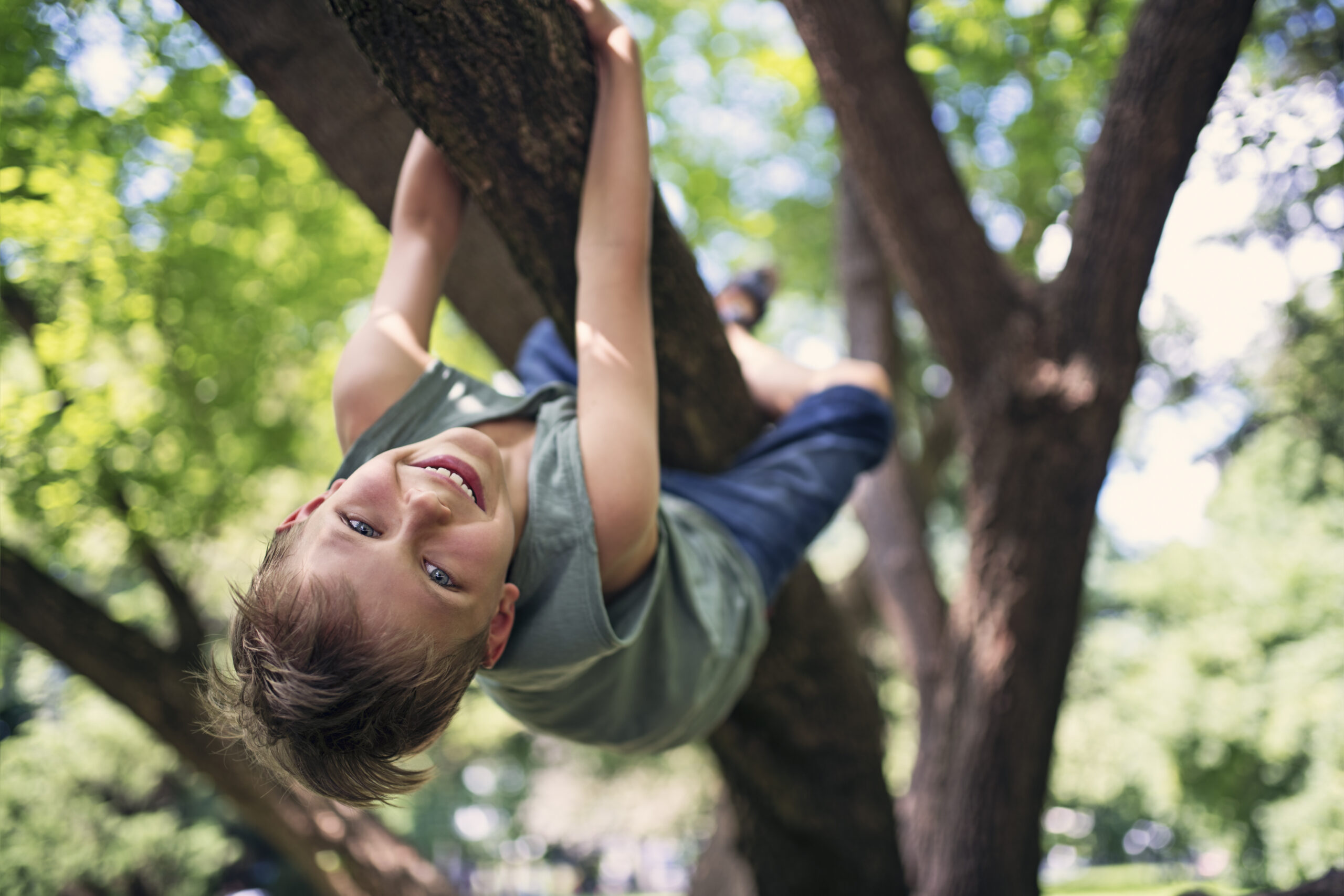
Health
Using the outdoors to support Development in the Early Years
Playing outdoors allows children to develop self-confidence, independence and self-esteem. They also become aware of limits, boundaries and challenge in their play. When children are used to playing outdoors, they are more likely to: try new activities.

Play & Development
50 things to do before you’re five
Oxfordshire County Council - 50 Low-cost/no cost experiences that include indoor, outdoor, seasonal, home-based & out-and-about activities, that are not only fun but will get your little one off to a flying start with his/her learning & language development.
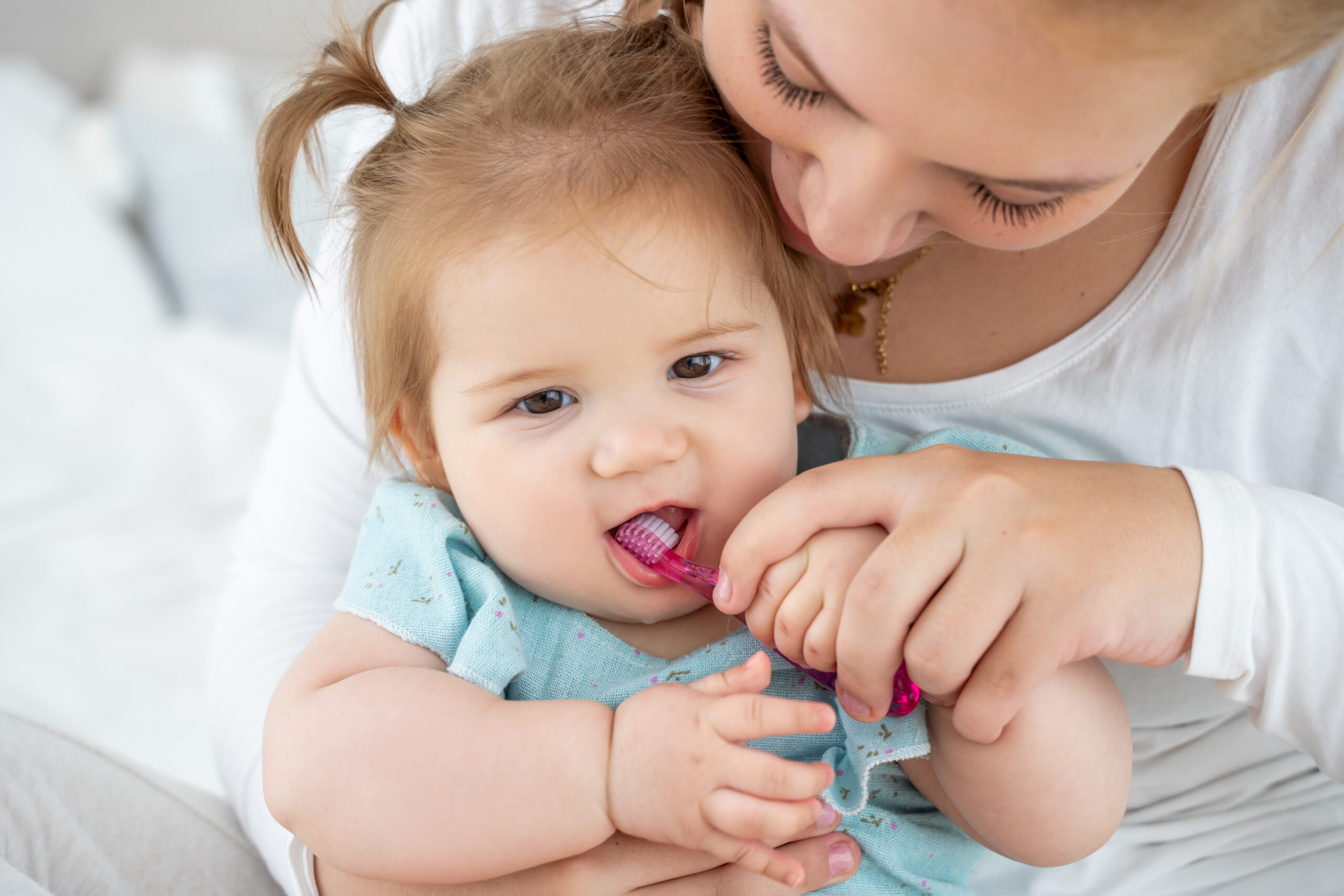
Health
Oxfordshire Oral Health
Healthy Start provides free food, milk and vitamins for low-income households and a lot has gone unclaimed. Find out if you are eligible and how to apply here: Get help to buy food and milk (Healthy Start) You can find videos and information here on the Community Dental Service’s website Facebook: @CommunityDentalServices Twitter: @CDS_CIC Instagram: @CommunityDentalServicesCIC
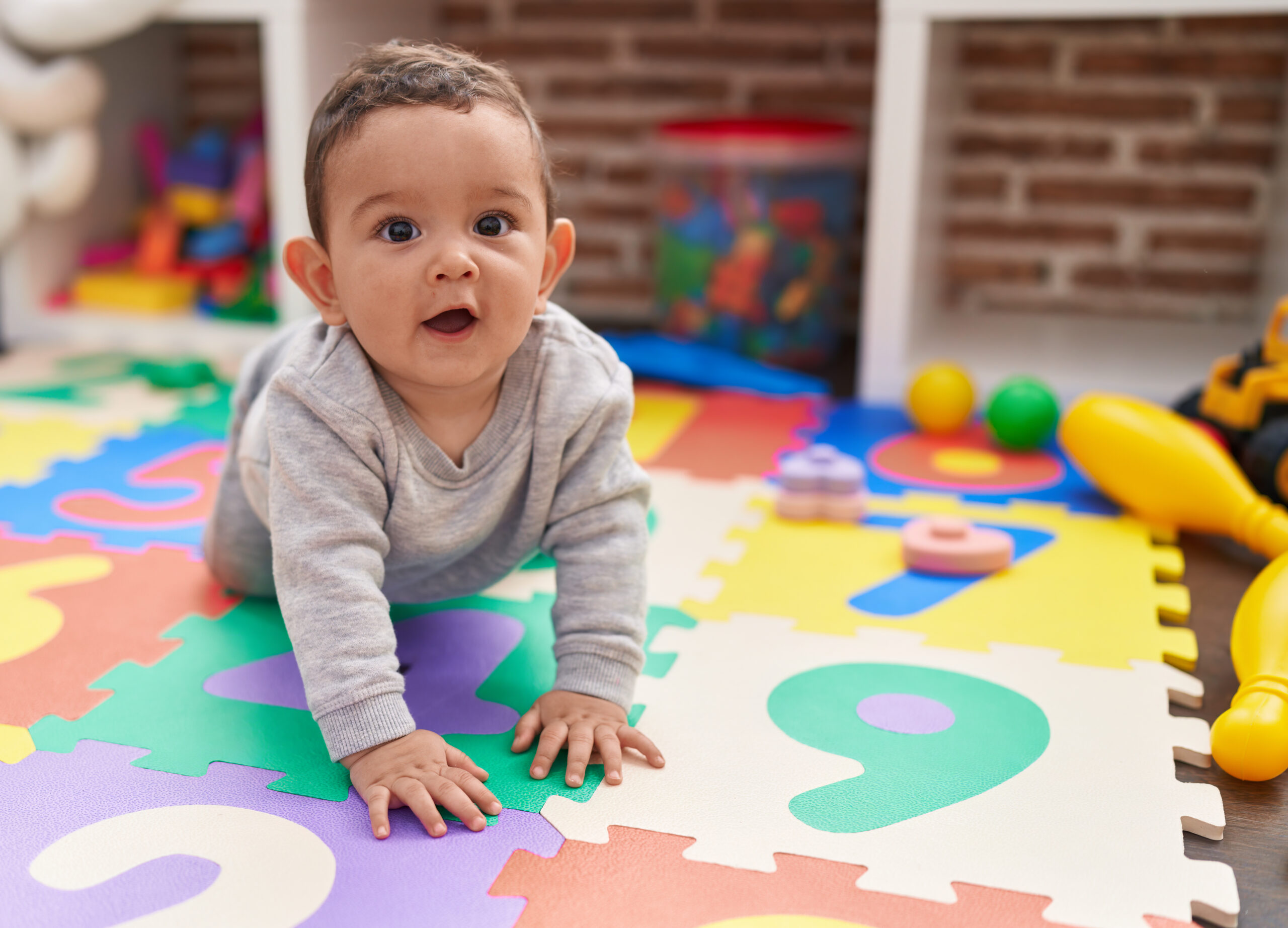
Play & Development
Talk to your baby
Babies and toddlers communicate long before they start to talk, through smiles, gestures, showing and giving objects, pointing and vocalising. Parents may need support to recognise their baby as a communicator and understand their role in making the most of opportunities for communication exchanges during their day. Here are five top tips to support babies' communication development.
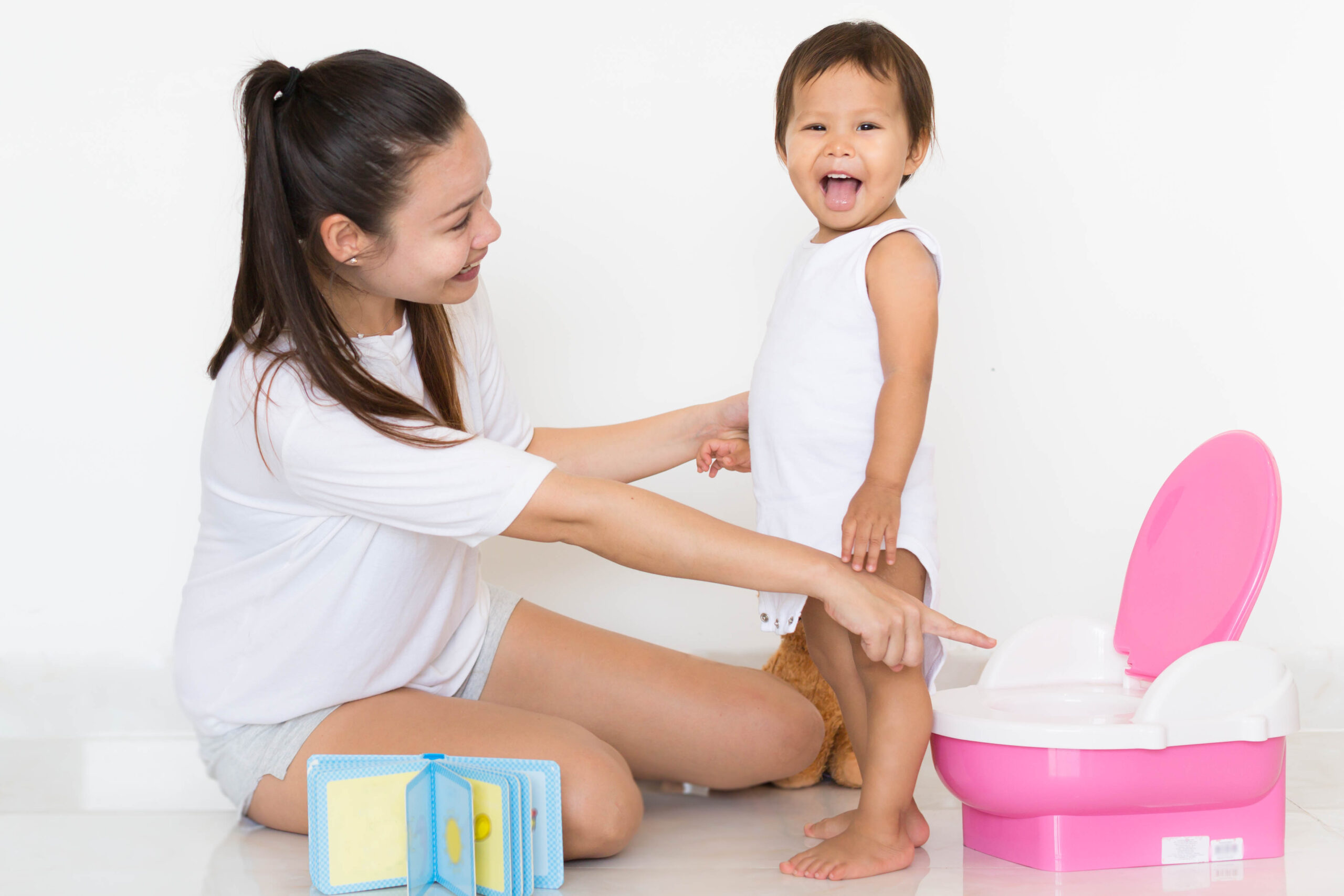
Play & Development
Potty training for girls
Is your little girl ready to start potty training? She might be showing some signs of readiness such as waking up from a nap with a dry nappy or telling you she needs a wee. From choosing the best potty to finding a training method that's right for you, learn everything you need to know about potty training girls.

Play & Development
Potty training for boys
Is your little boy ready to start potty training? He might be showing some signs of readiness such as waking up from a nap with a dry nappy or telling you he needs a wee. From choosing the best potty to finding a training method that's right for you, learn everything you need to know about potty training boys.


